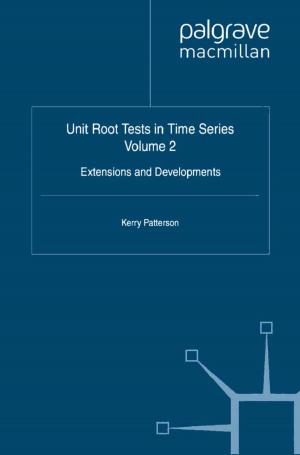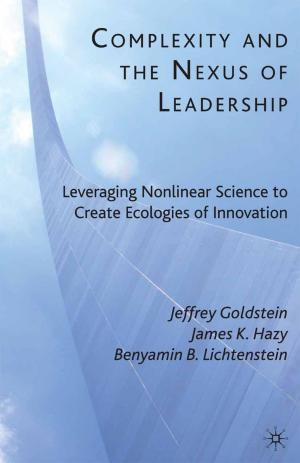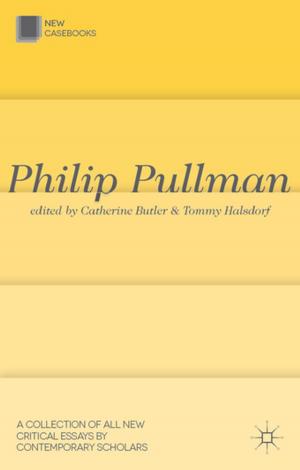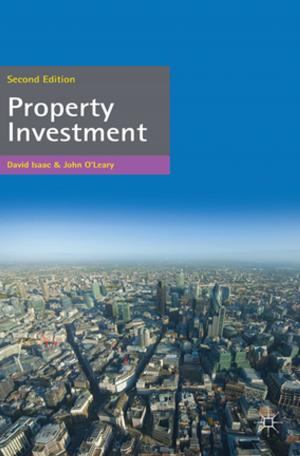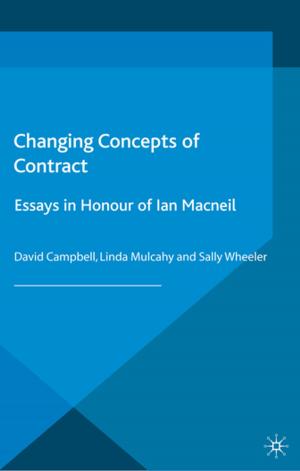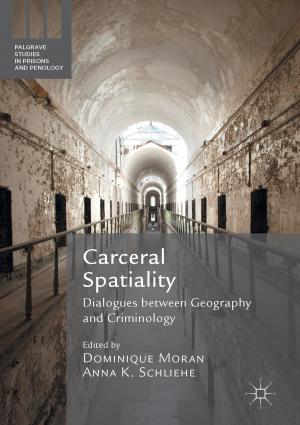| Author: | Mike Edwards | ISBN: | 9781137173867 |
| Publisher: | Palgrave Macmillan | Publication: | October 31, 2001 |
| Imprint: | Palgrave Macmillan | Language: | English |
| Author: | Mike Edwards |
| ISBN: | 9781137173867 |
| Publisher: | Palgrave Macmillan |
| Publication: | October 31, 2001 |
| Imprint: | Palgrave Macmillan |
| Language: | English |
E. M. Forster's writings have enjoyed remarkable popularity since the early years of the twentieth century. Their strongly visual quality, vividly evoking the English landscape as well as the more exotic settings of Italy and India, has lent itself to adaptation in several highly successful films. Forster's masterpiece A Passage to India, has a powerful popular appeal and an assured place in the English literary heritage. This guide seeks to explore creatively the fascination of Forster's writing and to show how interesting ideas can emerge from close reading of extracts from the novels. The approach is open-minded. Readers are encouraged to think for themselves, enjoy evolving their own interpretations and have confidence in the judgements they arrive at. Detailed analysis brings out the delicate balance of the novels - the humour, irony and ambiguity underlying the urbane, readable surface, and their unique blending of realism, comedy and romance. The result is a deeper appreciation of the subtlety and range of Forster's ideas, the technical mastery of his work, and the unconventional cast of his mind.
E. M. Forster's writings have enjoyed remarkable popularity since the early years of the twentieth century. Their strongly visual quality, vividly evoking the English landscape as well as the more exotic settings of Italy and India, has lent itself to adaptation in several highly successful films. Forster's masterpiece A Passage to India, has a powerful popular appeal and an assured place in the English literary heritage. This guide seeks to explore creatively the fascination of Forster's writing and to show how interesting ideas can emerge from close reading of extracts from the novels. The approach is open-minded. Readers are encouraged to think for themselves, enjoy evolving their own interpretations and have confidence in the judgements they arrive at. Detailed analysis brings out the delicate balance of the novels - the humour, irony and ambiguity underlying the urbane, readable surface, and their unique blending of realism, comedy and romance. The result is a deeper appreciation of the subtlety and range of Forster's ideas, the technical mastery of his work, and the unconventional cast of his mind.




